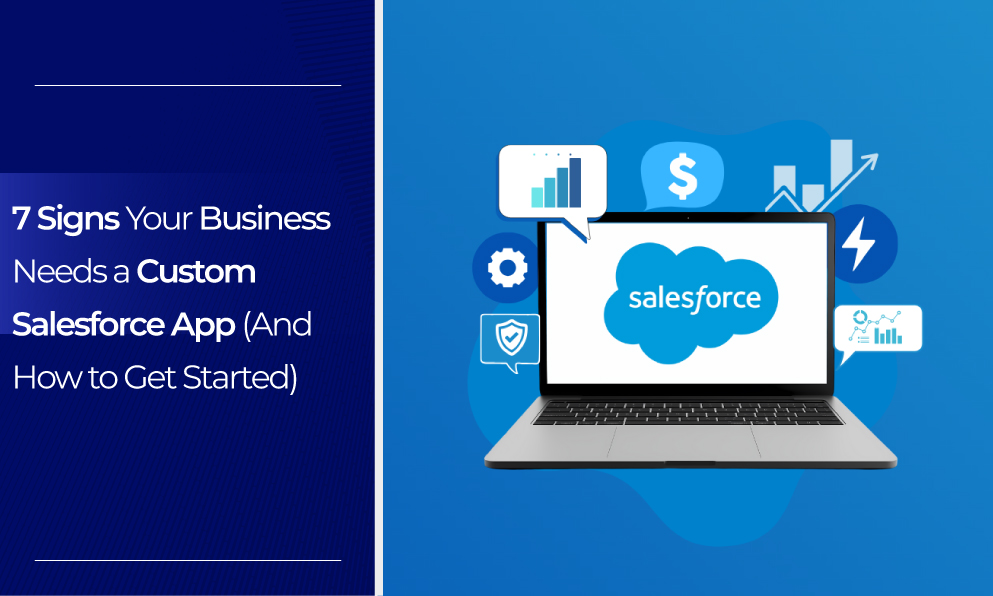Introduction
Small and Medium Enterprises (SMEs) are often referred to as the backbone of Bangladesh’s economy. They account for nearly 25% of the country’s GDP and provide jobs to millions of people, particularly in manufacturing, retail, and service sectors (Bangladesh Bureau of Statistics, 2023). In a developing economy where entrepreneurs are striving to compete both locally and globally, SMEs play a crucial role in driving growth, creating employment, and reducing poverty.
However, despite their significant contribution, SMEs in Bangladesh face persistent operational challenges. Many still rely on manual record-keeping, spreadsheets, and fragmented systems for managing sales, inventory, accounting, and employees. These outdated practices often lead to inefficiency, financial leakages, and lost opportunities. For SMEs to thrive in today’s fast-paced digital economy, they require modern tools that are not only cost-effective but also easy to adopt.
This is where miniERP—an affordable, cloud-based enterprise resource planning solution by BJIT—makes a difference. Unlike traditional ERP systems that are designed for large corporations and come with hefty price tags, miniERP has been specifically developed to address the unique needs of Bangladeshi SMEs. By combining essential modules like POS, inventory, accounting, HR, and finance in a single integrated platform, miniERP empowers businesses to operate more efficiently and scale smarter.
This blog explores how miniERP will transform SMEs in Bangladesh in 2025 and beyond.
The State of SMEs in Bangladesh
According to the International Finance Corporation (IFC, 2022), Bangladesh is home to more than 7.8 million SMEs, which collectively employ over 31 million people. SMEs exist in nearly every sector—from local retail shops and restaurants to small manufacturing units and service providers. Yet, most of them face similar hurdles:
- Limited financial visibility: Without a clear view of cash flows, expenses, and revenues, business owners often make reactive rather than proactive decisions.
- Inventory mismanagement: Overstocking, understocking, and misplaced goods frequently lead to losses.
- Employee tracking issues: Lack of attendance monitoring and payroll automation results in inefficiencies.
- Sales data gaps: Manual POS systems or simple registers do not provide actionable insights into customer preferences and sales trends.
- Technological gaps: Many SMEs are still hesitant to adopt digital solutions due to concerns over cost and complexity.
Without proper digital transformation, these issues continue to limit growth potential. The government of Bangladesh has been encouraging digitalization under the “Digital Bangladesh” initiative, and the rise of affordable software solutions like miniERP aligns perfectly with this vision (Rahman, 2021).
Why Traditional ERP Systems Do Not Fit SMEs
Enterprise Resource Planning (ERP) software has long been a staple for large corporations. Platforms like SAP, Oracle, and Microsoft Dynamics dominate the global ERP market. However, these systems are often too complex, costly, and resource-intensive for SMEs in Bangladesh.
Challenges of traditional ERP for SMEs include:
- High licensing fees often exceeding thousands of dollars per year.
- Complex deployment requiring IT infrastructure and specialized consultants.
- Long implementation cycles stretching months or even years.
- Unnecessary features that do not apply to small businesses.
For a small retail shop in Dhaka or a garments supplier in Chattogram, these barriers make ERP adoption impractical. What SMEs need is a lightweight, affordable, and user-friendly system tailored to their scale of operations.
miniERP: Designed for SMEs in Bangladesh
miniERP bridges this gap by offering a cost-effective, cloud-based ERP system that integrates only the most essential functions SMEs require. Its affordability (USD 12/month, with a one-time setup fee of BDT 5,000) ensures that even small businesses with limited budgets can access enterprise-grade tools.
Key Features
- Point of Sale (POS)
- Fast billing and digital receipts.
- Real-time synchronization with backend inventory and accounts.
- Daily, weekly, and monthly sales reports.
- Inventory Management
- Automatic stock level updates.
- Alerts for low inventory or overstocking.
- Batch/lot tracking for manufacturers.
- Accounting & Finance
- Automated invoice generation.
- Expense and income tracking.
- Financial dashboards with profit and loss summaries.
- Employee Attendance & HR
- Digital attendance and leave tracking.
- Payroll automation.
- Role-based access and performance monitoring.
- Cloud & Mobile Access
- Accessible on smartphones and tablets.
- Secure cloud storage eliminates the need for servers.
- 24/7 accessibility ensures owners can monitor operations anywhere.
- Localized Customization
- Prices, reports, and tax calculations are adjusted for Bangladeshi SMEs.
- Local language support for easier adoption.
Benefits of miniERP for SMEs
1. Cost Savings
By consolidating POS, inventory, HR, and finance into one platform, SMEs save on multiple software subscriptions. Automation reduces the need for additional administrative staff, cutting operational expenses.
2. Efficiency & Accuracy
Manual data entry is prone to human error. miniERP automates processes, ensuring accuracy in billing, stock updates, and financial records.
3. Real-Time Insights
Business owners gain instant access to dashboards showing sales performance, expenses, and profitability—empowering better decision-making.
4. Scalability
As SMEs grow, miniERP scales with them. New modules and additional users can be added without disruption.
5. Competitive Advantage
Digitalized SMEs are more agile, customer-centric, and competitive compared to businesses that still rely on outdated methods.
Case Study: Retail Shop in Dhaka
A medium-sized retail shop in Dhaka used to rely on registers and spreadsheets for daily sales. Inventory was updated manually once a week, often resulting in stockouts and unhappy customers. After adopting miniERP:
- Sales counters were digitized with POS integration.
- Owners received instant notifications on fast-moving products.
- Expenses and revenues were automatically tracked.
- Employee attendance was monitored digitally, reducing absenteeism.
The result? A 25% increase in operational efficiency and a significant reduction in revenue leakage within three months.
miniERP vs. Other Solutions
This comparison shows why miniERP is the most practical choice for SMEs in Bangladesh.
Why Choose BJIT’s miniERP
BJIT, a global IT company with more than two decades of experience, has been a trusted partner for enterprises worldwide. With expertise in ERP, cloud solutions, and digital transformation, BJIT developed miniERP to address the specific challenges faced by Bangladeshi SMEs.
- Local Expertise: BJIT understands Bangladesh’s tax system, SME operations, and cultural context.
- Dedicated Support: Local teams provide training and troubleshooting in Bangla and English.
- Affordable Pricing: No hidden charges—flat monthly subscription with a small setup fee.
- Future-Ready: Regular updates ensure SMEs stay aligned with digital trends.
Conclusion
In 2025 and beyond, SMEs in Bangladesh must embrace digital transformation to survive and thrive in an increasingly competitive market. miniERP offers them an opportunity to modernize without breaking the bank. From POS and inventory to HR and finance, miniERP consolidates critical business processes into one integrated system.
By adopting BJIT’s miniERP, SMEs can:
- Reduce inefficiencies.
- Gain financial clarity.
- Improve customer satisfaction.
- Scale operations smoothly.
For SMEs that want to future-proof their businesses, miniERP is not just a software—it is a strategic growth partner.
Learn more at: minierp.bjitgroup.com
References
- Alam, M., & Uddin, M. (2022). The role of technology adoption in SME growth: Evidence from Bangladesh. Asian Journal of Business Research, 12(3), 45–60. https://doi.org/10.14707/ajbr.2204
- Bangladesh Bureau of Statistics. (2023). Small and Medium Enterprises in Bangladesh: Key Statistics. Dhaka: BBS.
- IFC. (2022). SME Finance Forum: SMEs in Emerging Economies. World Bank Group.
- Rahman, T. (2021). Digital transformation of SMEs in Bangladesh: Opportunities and challenges. Journal of Entrepreneurship and Innovation, 9(2), 67–84.











